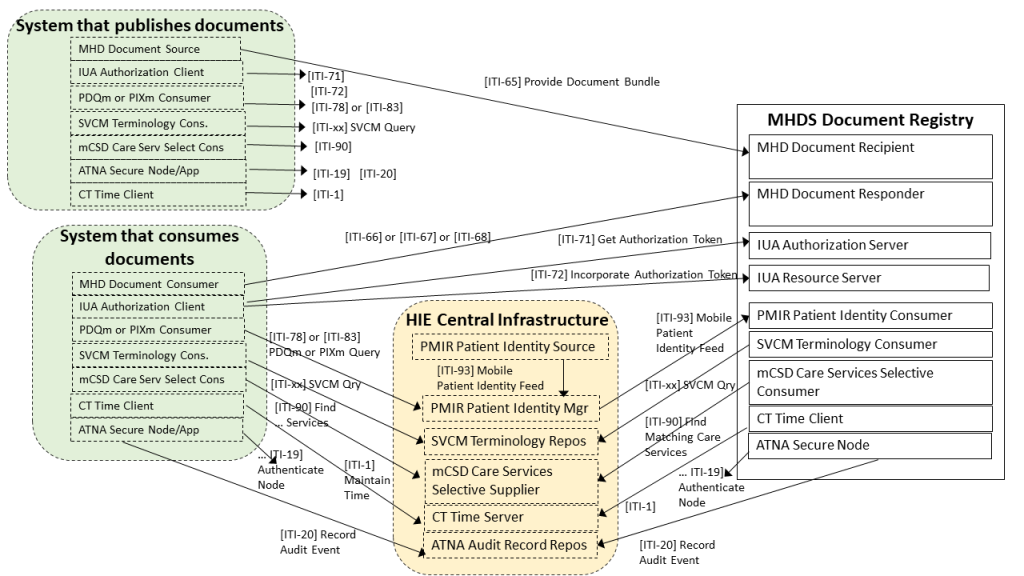
The pressure to document health progress on social media has become a pervasive phenomenon in our increasingly digital world. Sharing fitness journeys, weight loss transformations, or even daily health updates has become commonplace. This article delves into the nuanced aspects of this trend, exploring both the benefits and potential downsides of publicly sharing health progress, alongside strategies for navigating this complex landscape responsibly.
Understanding the Pressure to Document Health Progress
The Rise of Social Media Health Updates
Social media has revolutionized the way we connect and communicate. This platform’s influence extends to health and fitness, with users increasingly documenting their journeys. From meticulously detailed workout routines to carefully curated food diaries, a growing trend is emerging where individuals feel compelled to share their health progress online. While social media can offer support and motivation, the accompanying pressures are becoming increasingly evident. This pressure to document health progress is the focus of this comprehensive guide. The article investigates this phenomenon and equips you with strategies to thrive without compromising your mental well-being.
The Double-Edged Sword of Online Support
While sharing health progress can lead to a sense of community and mutual support, it also exposes users to social comparison and unrealistic expectations. The curated nature of online platforms often creates an idealized view of health journeys, leading individuals to compare their progress to others’ highlights. This can create anxiety and feelings of inadequacy, even among those who genuinely value positive change. Understanding the inherent biases and distorted realities presented on social media is key to navigating this space productively.
Navigating the Benefits and Drawbacks of Sharing
Balancing Connection with Self-Care
The social interaction fostered by online health updates can be undeniably positive. Support systems formed online can provide encouragement and accountability that goes beyond traditional support circles. However, the ability of social media to foster authentic connections is critical to consider, alongside the potential for isolation or the distortion of truth, the importance of personal wellness must take precedence over social pressures.
Unrealistic Expectations and the Pressure to Conform
Social media often presents a highly stylized representation of health and well-being. The meticulously curated content frequently overlooks the complexities and realities of daily life, creating unrealistic standards and pressures to conform. This can be damaging for individuals struggling with self-esteem or body image issues. A deeper understanding of how social media presents a superficial image of a healthy lifestyle becomes essential.
Strategies for Navigating the Pressure
Setting Healthy Boundaries on Social Media
Establishing boundaries is critical for managing the pressure to document health progress. Understanding your comfort level with sharing is essential, and you should be clear about what you are willing to share. You can decide on the level of detail and frequency in sharing your progress to ensure it aligns with your needs.
Fostering Self-Compassion and Body Positivity
Prioritizing self-compassion and body positivity is crucial for managing the social pressures associated with health documentation. Recognizing the limitations of social media’s idealized depictions and focusing on personal growth and progress, instead of external validation, are critical strategies for fostering a healthier relationship with your journey.
Recognizing the Role of Social Media Influencers
The Impact of Influencer Culture
Social media influencers often play a significant role in shaping perceptions of health and wellness. The pressure exerted by these individuals is real and needs to be recognized. Individuals often scrutinize their progress against curated portrayals, creating a challenging environment for true self-acceptance.
Embracing Authentic Representation
Recognizing the inherent differences in individual journeys is crucial. It’s important to encourage authenticity and diversity in health representations online.
The Importance of Mental Well-being
Prioritizing Mental Health Amidst the Pressure
Maintaining a balanced perspective on health is critical to manage the pressure. Prioritizing mental health is an essential component of navigating online pressures.
Seek Professional Help When Needed
Seeking support from a therapist or counselor is a proactive step for managing emotional responses to social media pressures. Consulting with a professional can provide a safe space for addressing potential anxieties or concerns. It provides a valuable resource to navigate the demands of sharing your health journey.
Frequently Asked Questions
What are some potential negative impacts of sharing health progress on social media?
Excessive sharing of health progress can lead to social comparison, unrealistic expectations, and feelings of inadequacy. The pressure to conform to perceived standards can negatively affect self-esteem and body image. It can also inadvertently increase social anxiety and pressure on the individual.
How can individuals navigate the pressure to document health progress responsibly?
Setting boundaries on social media, prioritising self-compassion, and understanding the limitations of online portrayals of health are crucial. Acknowledging that not all experiences need to be shared publicly, and embracing authenticity, can significantly mitigate the negative impacts. Focusing on progress and personal growth instead of external validation can help.
In conclusion, documenting health progress on social media presents a complex interplay of benefits and drawbacks. While it fosters connection and support, it also introduces potential pressures and unrealistic expectations. Prioritizing authenticity, setting boundaries, and understanding the nuances of social media’s impact are crucial for navigating this landscape responsibly. For a deeper dive into managing social media pressures, consider exploring resources on social media wellness and mental health. By engaging in mindful practices, you can embrace the supportive aspects of online platforms while safeguarding your mental well-being.